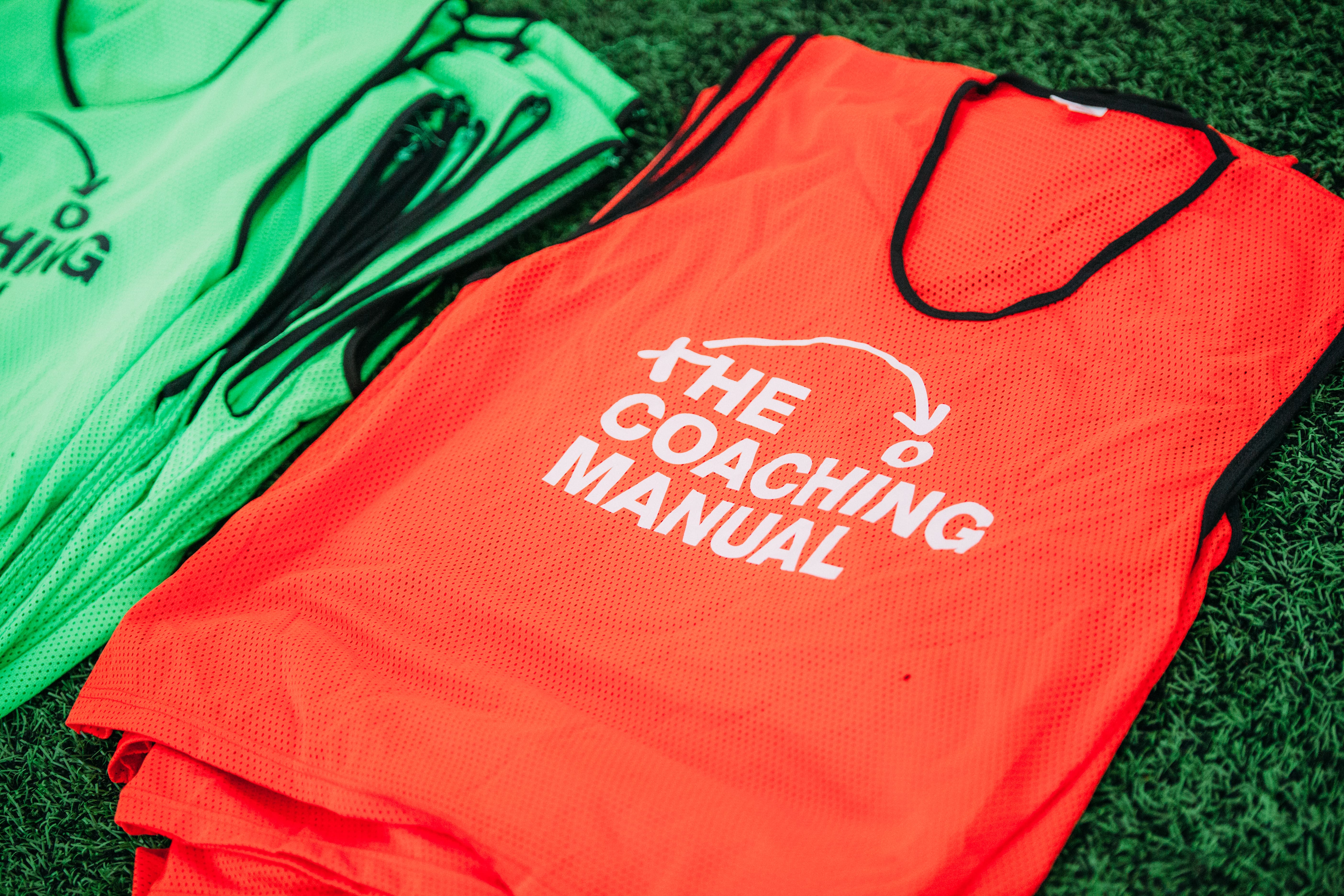The job of a Director of Coaching doesn’t begin and end on the field. You also have a crucial role to play off the pitch – including taking overall responsibility for the club’s budget. That doesn’t just mean deciding when, where and how to spend money; it also involves finding that money in the first place.
Of course, some of your club’s revenue will come from the players and their families. They’ll probably be charged fees for matches and training sessions, some of which will go toward covering your costs. But chances are you’ll still be facing a shortfall once this money has been accounted for. And that’s where soccer sponsorship comes in.
Why is it so important for your soccer club to find a sponsor?
While everyone involved in soccer should be motivated by a love of the sport rather than a desire to get rich, there’s no doubt that money is playing an increasingly important part in the beautiful game. To be successful on the pitch, clubs invariably need to be healthy off it.
When you think about the key elements of a strong soccer club, they all lead back to money. Want to attract the best coaches? You’ll need to pay them. Want to develop talented players? As well as quality coaches, you’ll need decent facilities and equipment. Landing a sponsorship deal can help your club cover vital costs and invest in the future.
What benefits can a sponsor bring to your club?
While the specifics will depend upon your soccer club’s budget – in other words, the areas that you’re planning to spend money – we’ve detailed some of the more general benefits that a sponsorship deal can bring to your club:
New equipment
From playing and training kits to cones, nets, goals and corner flags, every soccer club requires a wide range of equipment. Some will become outdated and will need replacing. Some will simply be worn out through overuse. Either way, you’ll regularly need to buy new equipment.
Transport and accommodation
While parents are often prepared to take some of the slack when it comes to getting to and from training sessions and matches, it’s not realistic – or fair – to expect them to shoulder the full burden. If you’re playing a long way from home, you’ll need to cover transport costs, and possibly also overnight accommodation.
Staff salaries
Some of your staff may work at your club voluntarily, but if you want to attract quality people and expect them to dedicate long hours to their role, you’ll need to pay them fairly.
Competition fees
Chances are you’ll have to pay a fee to participate in your league. You may also need to pay separate fees to enter different competitions, such as knockout tournaments.
Facilities and maintenance
If you don’t own your training facilities and pitch, you’ll need to cover the cost of hiring them. And if you do own them, they’ll require regular maintenance.
How to get your soccer team sponsored
Unfortunately, neither money nor sponsors grow on trees. You’re not going to persuade a business to part with its hard-earned cash to support your club without putting in the effort. Here’s how to do it:
Who are your potential sponsors?
First off, you need to draw up a list of businesses that could be interested in sponsoring your club. On the one hand, a multinational corporation probably isn’t a realistic target (unless they have a tradition of sponsoring youth soccer clubs). On the other, a tiny local business will probably have limited funds available for sponsorship deals and other marketing activities, so if you’re asking for a lot of money, they probably won’t be the right fit either. Focus on businesses that are:
- Active in the local area covered by your club
- Likely to have enough money to commit to a sponsorship deal
- Potentially interested in reaching the people who follow your club
What benefits can you offer to sponsors?
Now, it’s time to define a package that explains precisely what you’re offering sponsors. After all, you can’t expect them to hand over the cash if all you’re offering in return is to put their logo on your playing shirts. While you should tailor your approach to the specifics of your club and community, the following benefits should provide you with a solid starting point:
- Brand awareness: Through your playing kit, facilities, website and events.
- Access to your database: Through your newsletter, social platforms and direct mail-outs.
- Access to your business contacts: Through networking events and club functions.
- Media coverage: Appearances in the local newspaper, radio station and/or TV channel.
- Connections with professional clubs: Can you provide access to free tickets, hospitality, stadium tours etc. at professional clubs in your area? Can you arrange for sponsors to meet star players, or access signed merchandise?
How should you approach potential sponsors?
Once you’ve put a plan together, you need to establish a connection with potential sponsors. Ideally, you’ll already have some kind of existing relationship – either directly, or via a mutual connection. If not, you’ll need to lay the groundwork by reaching out via email or on the phone, and you’ll probably need to arrange an informal initial meeting before you ask them for money.
There are several factors to consider when approaching a potential sponsor:
- Are you speaking to the right person? Do they have the power to make decisions, or will they need to relay everything you tell them to someone more senior?
- Have you crafted an “elevator pitch”? You need to immediately grab their attention by concisely explaining your proposition and how it benefits the potential sponsor.
- Are you clear on what you’re offering? Are you placing sufficient emphasis on the most significant benefits?
- Are you clear on your prices (i.e. what you want from your sponsor)? Do you have a range of figures in mind, in case the meeting results in a negotiation?
- Are you underselling yourself? You’re trying to build a partnership, not ask for a charitable handout, so ensure you’re positioning yourself with this in mind.
Have you personalised your approach?
You’ve already put together a standard package of benefits that are applicable to all types of sponsor. Now it’s time to apply the personal touch.
Make it clear how the proposed deal will specifically benefit the business you’re speaking to. After all, a company that sells office supplies will almost certainly have different needs to a local restaurant. If your sponsorship proposal isn’t personalised, you’ll risk looking lazy and underprepared.
Conclusion: What to do once you’ve landed a soccer club sponsor
Getting a sponsor to sign on the dotted line is only the start of the process. Going forward, you want to develop a long-term working relationship. Less a straight exchange of cash for advertising services, and more a mutually beneficial alliance. Bear the following factors in mind and you’ll stand the best chance of building a partnership that lasts:
- Deliver on your promises. If you can’t deliver on something, make sure your sponsor knows about it in good time, and explain why.
- Provide regular updates. You want your sponsor to be invested in the day-to-day running of the club, rather than feeling like they’re nothing more than a faceless revenue stream.
- Ask about their business. After all, this is a partnership. If they’re successful, it’s more likely they’ll extend their sponsorship deal.
- Consider your sponsor when arranging club events. They might want to attend, and they’ll almost certainly want their brand to be highly visible.



